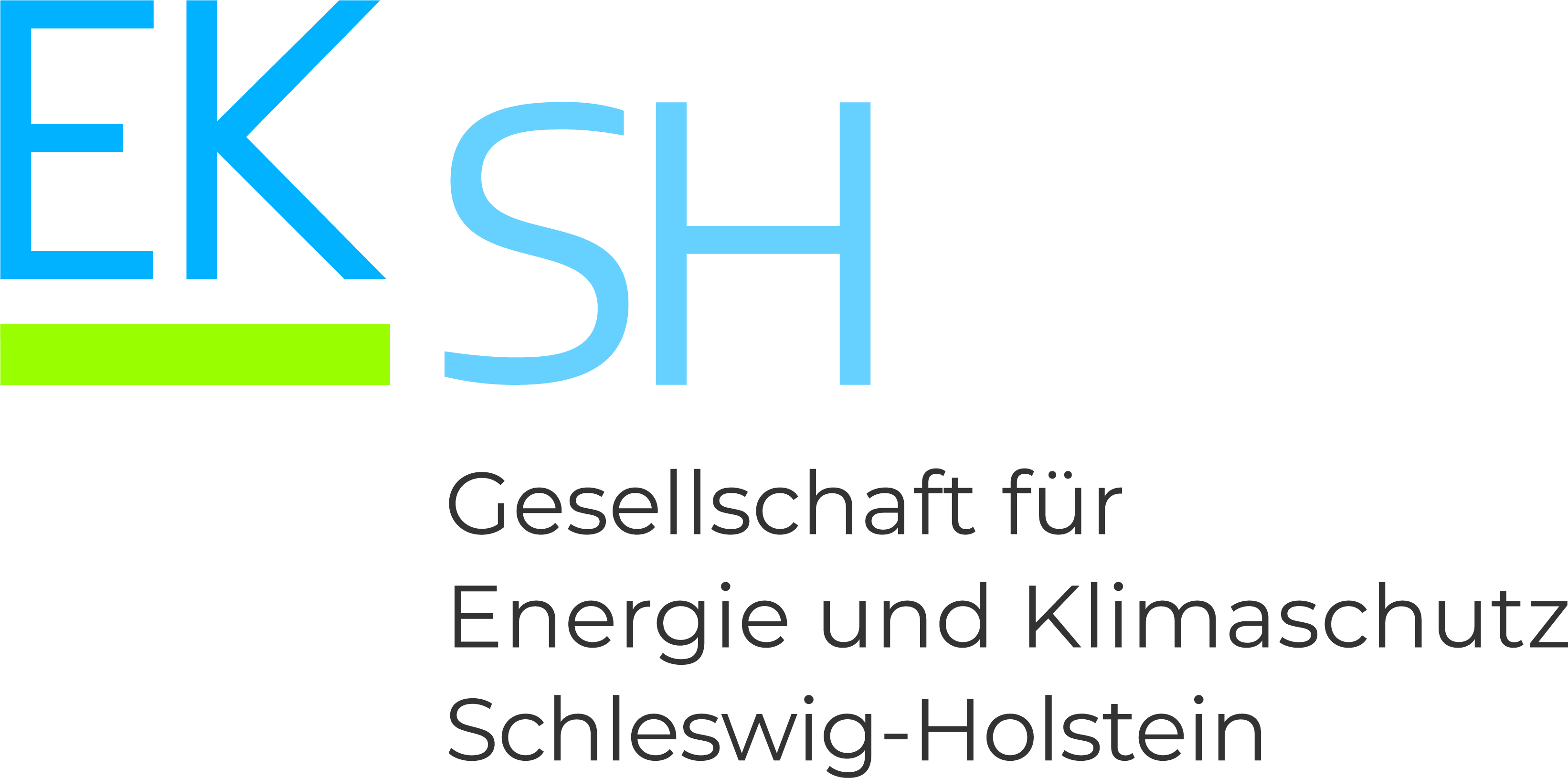LeiKomH2 - Erstellung eines Leitfadens und Kommunikation von Impulsen für Kommunen zur Rolle von Wasserstoff in der Gebäudewärmeversorgung basierend auf den Erfahrungen der Kommunen in Schleswig-Holstein
The LeiKomH2 project is investigating the role of hydrogen in municipal heating planning. The aim is to create a guideline for decision-makers to realistically categorise the relevance of hydrogen in the heat supply.
- Keywords
- Municipal heat planning, hydrogen, heat transition, decarbonisation, transformation
- Duration
- 12/01/2023 - 10/31/2024
- University institution
- Department for Sustainable Energy Transition
Key facts
Description
Heat planning is at very different stages of development in the individual federal states. Schleswig-Holstein (SH) is one of the pioneers and has already committed larger municipalities to heat planning with the Energy Transition and Climate Protection Act (EWKG). The municipalities must submit their plans by 2024. Around 78 municipalities in SH are affected by this. The heating plans include, among other things, the question of what role hydrogen should play in heating buildings in the coming decades.
To date, the role of hydrogen in heating buildings has been the subject of much controversy at a political level. Politicians are often overly optimistic about the use of hydrogen in this sector. The reasons for this are limited expertise among local politicians, the desire to implement the heating transition with little infrastructural and financial effort and to trigger little social controversy (heating replacement). From a techno-economic perspective, on the other hand, there are very few sensible areas of application for green hydrogen in future energy systems.
This project aims to provide municipal decision-makers with the information they need to critically evaluate the use of hydrogen in building heating. The aim is to bring together scientific findings and the reality of municipal politicians' actions. We will get in touch with municipal decision-makers to find out what challenges and open questions they are currently facing and what information they need to create the most cost-effective, sensible and sustainable planning for their municipality. We will present the answers in a clear and understandable way in a guideline and provide important impulses for the sensible use of hydrogen in building heating.
On the one hand, the project aims to make the experiences of the municipalities in SH available to smaller municipalities (which are still exempt from the obligation) and municipalities in other federal states (where heat planning is not yet so advanced). On the other hand, heat planning is a continuous process. Heat plans have to be reviewed and adapted again and again. We also support this process with the guidelines.
Based on the interviews with the stakeholders in municipal heat planning, we are creating a guide that prepares the bundled information material precisely for this target group. The guideline addresses stakeholders at different political levels (municipalities, cities, districts). To this end, we analyse scientific studies and model-based scenarios and, if necessary, conduct further interviews with experts from areas (e.g. legal) that go beyond our techno-economic expertise.
Responsible
Dr.Marina Blohm
- Phone
- +49 461 805 3028
- marina.blohm-PleaseRemoveIncludingDashes-@uni-flensburg.de
- Building
- Gebäude Vilnius 1
- Room
- VIL 112
- Street
- Auf dem Campus 1c
- Post code / City
- 24943 Flensburg
Dr.Isabell Braunger
- isabell.braunger-PleaseRemoveIncludingDashes-@uni-flensburg.de
- Building
- Gebäude Vilnius 1
- Room
- VIL 113
- Street
- Auf dem Campus 1b
- Post code / City
- 24943 Flensburg
Project members
- luca.sprick-PleaseRemoveIncludingDashes-@studierende.uni-flensburg.de
- Street
- Auf dem Campus 1c
- Post code / City
- 24943 Flensburg

